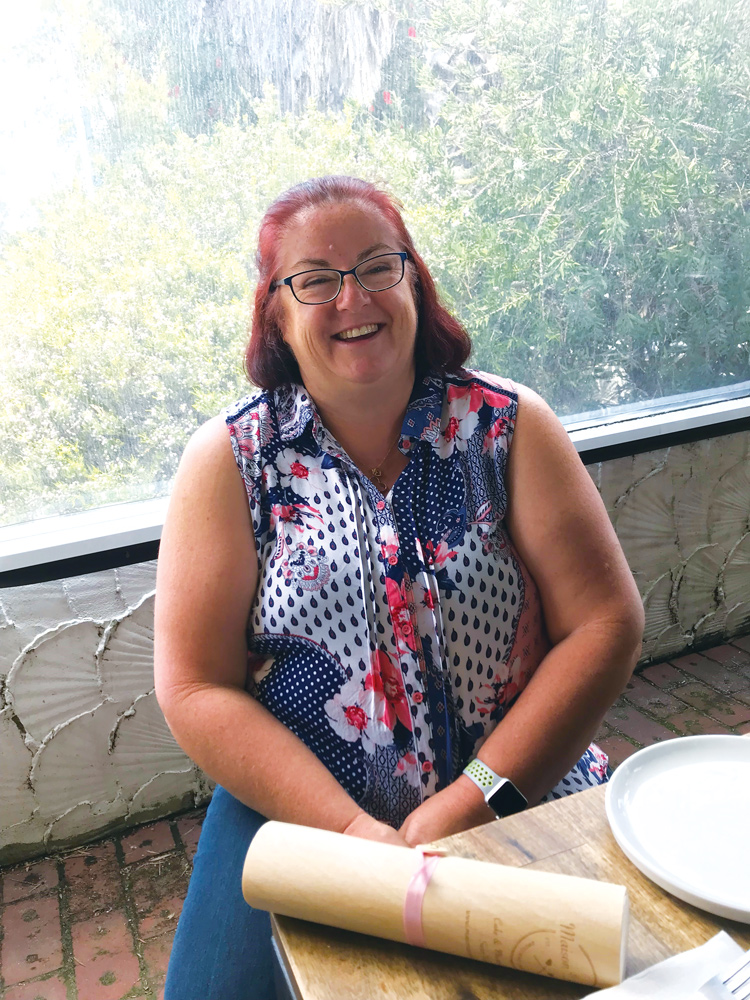Clare Mullen, Health Consumers’ Council Deputy Director, shares her view on how to approach cardiovascular health in relation to weight.
Obesity is associated with a number of co-morbidities, including cardiovascular disease. It is one of the leading causes of ill health in Australia, affecting about 67% of adults and 25% of children.

Health Consumers’ Council (HCC) is working with the WA Department of Health and the WA Primary Health Alliance on implementing the WA Healthy Weight Action Plan 2019-2024 to ensure that work to change health services in the area of weight and obesity is informed by the diverse experiences of people in the community.
In more than 750 survey responses, more than 40% of respondents had taken action to lose weight more than five times in the previous 12 months. When asked what strategies they’d tried, 16% of respondents said they’d worked with a GP, 9% had worked with a health team using a health care plan, and 9% had used clinical interventions such as bariatric surgery.
Feedback from people with experience of obesity suggests the importance of a tailored, non-judgmental approach – one that sees them as a whole person. When health professionals help people to understand their own specific health risks relating to their weight – rather than a general comment that “being overweight is bad for your health” – this can be the key ingredient in supporting people to take action.
Trust is crucial for a successful patient-clinician relationship, which presupposes the absence of judgment. Also important is a health professional’s knowledge of services and supports that are specific to their patient’s particular circumstances, rather than a one-size-fits-all approach.
Rachel Locke, a member of HCC’s consumer advisory group for the project, shared her experience with heart health and how a range of factors, including long-term obesity and family history led to triple bypass surgery.
“I never ate healthy…I put on quite a lot of weight and led an unhealthy lifestyle most of my life,” Rachel said.
Rachel took up marathon training in the hope of losing weight, but was unsuccessful.

During the six-month wait for surgery, she worked with her GP to address her health behaviours and access services that were personalised to her. She attributes her post-surgery success to the GP that worked with her throughout her heart surgery procedure.
“I was thankful my GP was part of Hearts West, a cardiac care centre,” Rachel said. “I don’t know if I’d get the same treatment from any other GP. I wonder if [any other GP] would have been able to pick up (my heart condition).”
Rachel praised her GP for his knowledge around heart health and his involvement with groups and organisations outside of the immediate scope of his role in general practice. She believes it was his special interest in keeping up-to-date with the latest evidence and advice around comorbidities surrounding obesity that allowed him to accurately detect her heart condition.
Rachel was thankful not to be told “just lose weight and you will feel better” and was instead directed to make personalised health choices that worked with her lifestyle. Her cardiac rehab was made easier because of the education and individual support she received, including around programs to learn what mattered to her. She cited a food label reading workshop which helped her make better food choices as one positive example.
When asked the one thing she would like GPs to know about obesity and heart health she said, “know who your health professionals are in your area so you can give the right service to your patient. Come from a no-judgment, no-criticism, and supportive mindset, and help your patient want to change.”
Rachel found her GP’s knowledge and up-to-date evidence reassuring and hopes every health professional comes from the mindset of “one size does not fit all”. With an issue as complex as overweight and obesity, it is important to treat every patient individually and provide person-centred care.
More information on the Healthy Weight Action Plan, including consumer perspectives, is available at https://www.hconc.org.au/issues/partners-in-change-obesity-collaborative/
References on request

